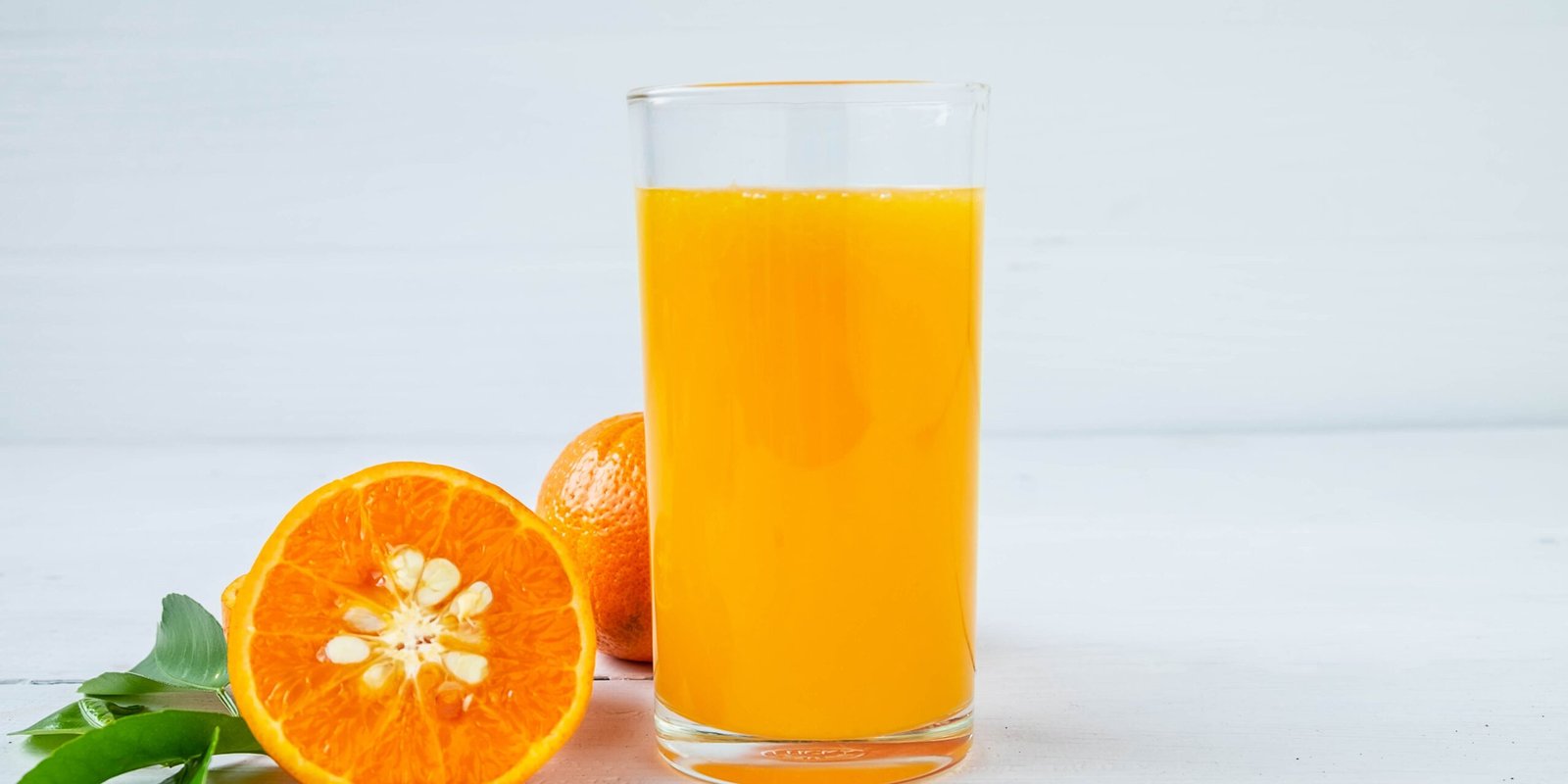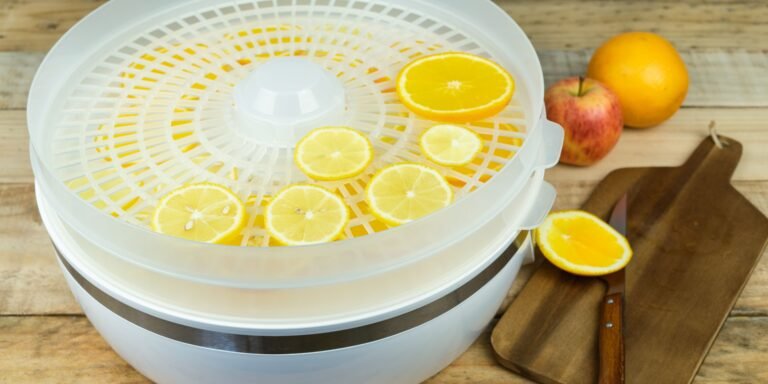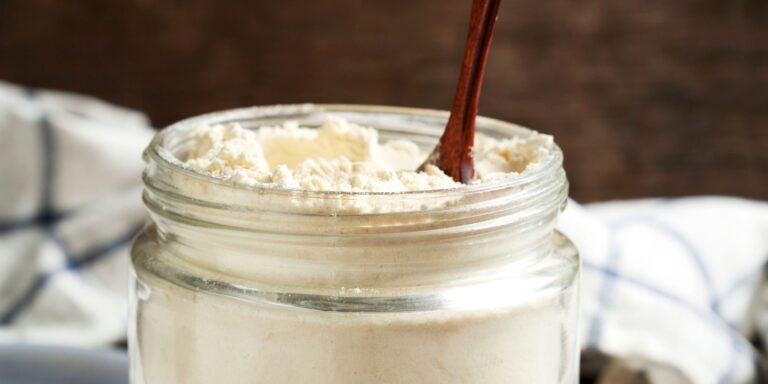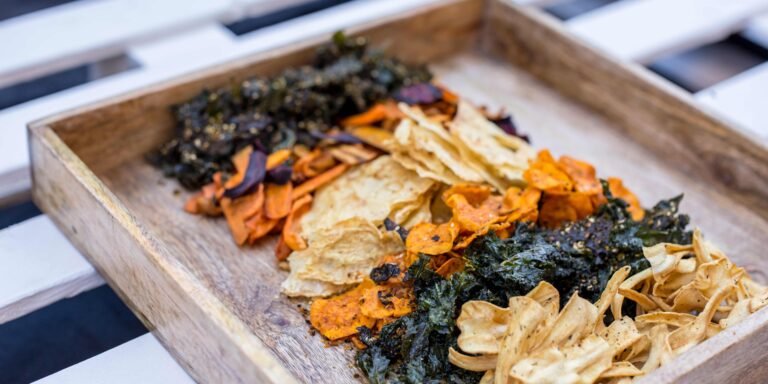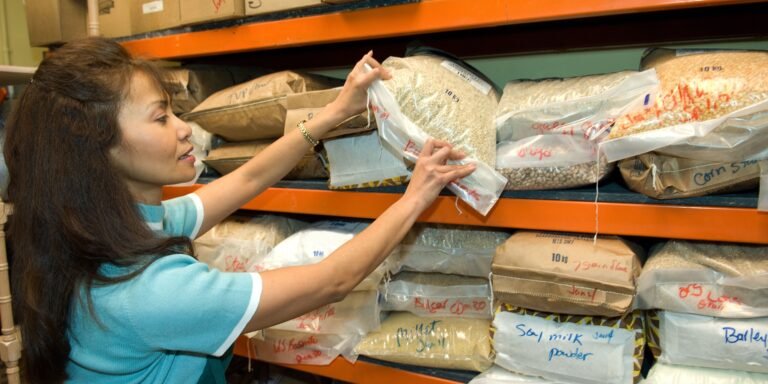How To Freeze Orange Juice For Long-Term Storage
This post may contain affiliate links, full disclosure here.
During difficult times, fresh fruits and vegetables can become scarce. Freezing food is a good way to prepare for SHTF as long as the power remains on or a backup power source is established. Preppers can also extract the juice from the fruit before freezing it to save space.
The following containers can be used to freeze orange juice:
- Containers made of rigid plastic
- Flexible plastic bags that are moisture and vapour proof
- Tray with ice
- Containers made of tempered glass
- In its original cardboard box (for store-bought orange juice)
See also: How To Store Quinoa Long-Term
Freezing Orange Juice Information
- Any frozen liquid expands and has the potential to break or damage its container. As a result, rigid and glass containers should have some headroom for expansion. Even though glass jars can be frozen, not all jars can withstand the extreme freezer temperature.
- Hot food or liquid should not be placed in the freezer right away. They should be cooled to room temperature before freezing to avoid lowering the internal temperature of the freezer.
- When freezing warm food, leave a space between the containers to allow for airflow. Warm food takes longer to freeze when stored close together. When the food is completely frozen, it can be packed tightly to save space.
- Keeping in mind the preceding pointer, room temperature food that has been packed and sealed should be frozen as soon as possible to preserve its quality.
- The best freezer temperature for long-term storage is 0 degrees Fahrenheit (-17.7 oC). Any higher will cause the food or liquid to not freeze quickly enough, affecting the quality of the frozen food.
- Label and date the food that was frozen. When using any stored food, it is best to use the first in, first out principle.
- The coldest parts of an upright freezer are at the top, where the cold air comes out, and at the bottom. The coldest part of a chest freezer is at the bottom. The warmer the temperature is, the closer the food is to the surface or door. As long as the door is kept shut, chest freezers are better at retaining cold temperatures.
See also: Shelf Life Of Wheat Berries
How To Freeze Orange Juice
If you want to freeze freshly squeezed juice, strain the pulp and only freeze the liquid. Even when frozen, the pulp degrades faster than the juice. Juices should not be stored in quantities greater than one quart. Large amounts of liquid freeze at a slower rate, which can have an impact on the quality of the frozen product.
In addition to the possibility of becoming a rarity, preppers and survivalists can use orange juice as a source of Vitamin C. Although freezing does not immediately destroy this vitamin, long-term storage can cause it to degrade.
Ice Tray
In ice cube trays, orange juice can be frozen. When completely frozen, transfer the cubes to a rigid container or a moisture and vapor-proof bag. After you’ve filled the container with cubes, make sure it’s airtight.
Freezer Safe Rigid Plastic Containers
Orange juice can be frozen in rigid plastic containers as long as the plastic is freezer-safe. Polyethylene (PET), high-density polyethylene (HDPE or PE-HD), and low-density polyethylene are examples of these (LDPE or PE-LD). Other plastics should be avoided because they become brittle at low temperatures.
Look for a triangle sign with a number in the middle to determine what type of plastic your container is made of. The triangular sign does not represent the recyclable symbol, and the number does not indicate how many times a container can be reused. It is a resin identification code that identifies the type of plastic used to make the object. PET is ranked first, followed by HDPE and LDPE.
This symbol is typically found at the bottom of containers.
When freezing juices, leave at least 12 inches of headroom for a pint (570ml) and 1 inch for a quart (950ml). To ensure a tight fit, make sure there is no liquid along the mouth of the container before sealing. If the lid is loose, you can use freezer tape to seal the container.
Plastic Bags that are Moisture and Vapor Proof
Freezing should not be done with regular plastic bags. The reason for this is that moisture and air can get into the bag and spoil the juice. This is why a moisture and vapor-proof plastic bag should be used instead.
When storing orange juice in this manner, do not overseal the bag. Despite the fact that these bags are flexible, tightly sealing them removes space for the liquid to expand, which can result in the bag bursting when frozen.
Tempered Glass Containers
When freezing in a glass container, make sure it’s made of tempered glass. When compared to tempered glassware such as Pyrex glassware, regular glass is not rated for extreme temperatures and will easily break when frozen. You can also use a glass mason jar that has been rated for canning and freezing.
When using jars, wide-mouth, dual-purpose jars for freezing and canning are preferable to narrow-mouth jars. To avoid breaking the glass, use a standard canning jar with a narrow mouth and double the headroom space. When the liquid contents of this jar freeze and expand, the jar’s neck is prone to breaking.
Make sure the mouth of the glass containers is completely clean and dry after filling them. Screw on the lid tightly and place it in the freezer right away. If you’re using a container without a screw-on lid, close it tightly and use freezer tape for loose-fitting lids.
Cardboard Carton aka Tetra Pak
Orange juice from a box can also be frozen. Cardboard carton packs are freezer-safe, as well as moisture and vapor-proof. When freezing carton boxes, whether with or without a resealable cap, it is best to open some of the end flaps to allow for the expanding liquid. This prevents the carton boxes from bursting open when frozen.
Shelf Life
Frozen orange juice will keep its best quality for 8 to 12 months. All frozen food is safe to eat indefinitely; however, once it has passed its frozen shelf life, it begins to lose flavor and quality.
Thawing
Frozen foods, including orange juice, should be thoroughly thawed. Even though frozen food is safe indefinitely when frozen, if the temperature rises above 40 degrees Fahrenheit (4.4 degrees Celsius) during the thawing process, any bacteria that may have been present prior to freezing can begin multiplying.
It is preferable to avoid thawing frozen food at room temperature or in a hot water bath. Even if the core remains frozen, the outer layer has the potential to enter the Danger Zone. This zone is defined as the temperature range of 40 to 140°F (4.4 to 60 oC), where bacteria multiply most actively.
To completely thaw frozen orange juice, place it in the refrigerator overnight. It can also be thawed in a cold water bath, with the water changing every 30 minutes. Thawing orange juice in the microwave is not recommended because excessive heating destroys Vitamin C.
How To Freeze Orange Juice For Long-Term Storage Bottom Line
Preppers and survivalists should be aware that the methods outlined here are applicable to all other types of fruit juice. The same frozen shelf-life of 8 to 12 months is expected as long as the pulp or flesh are not included.

